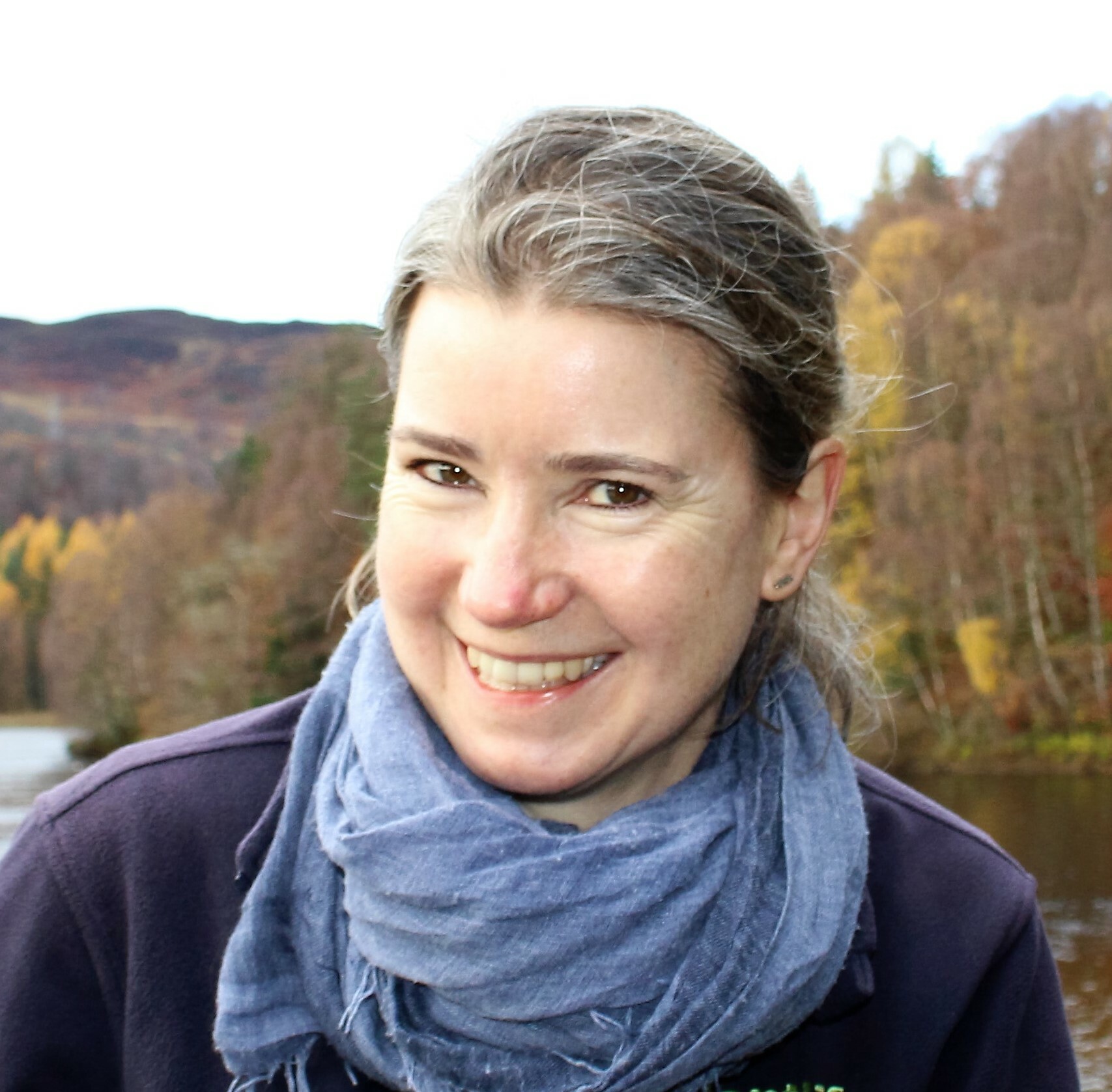November 2021
This blog is the first in a series across the COP26 fortnight, in which we will be addressing a variety of issues around the nature-climate link, from the carbon capturing potential of the Earth's ecosystems, to updates on the negotiations in Glasgow.
2021 and 2022 are the big years for action to save nature and the climate. Both the climate COP26 in Glasgow in November 2021 and the nature COP15 in Kunming in May 2022 will be crucial in setting the necessary level of ambition.
We are living in a climate and nature emergency. These are so closely intertwined that you cannot solve one without solving the other. It would be pointless to try. Finding solutions to both will be key to our future.
As hosts of COP26, the UK and devolved Governments, can and should show the way. From the forefront of the industrial revolution, now is the time for the whole of the UK to be at the forefront of the Decade of Ecosystem Restoration and to lead the world’s last best chance, as COP26 website describes the moment.
We need to address the drivers of both emergencies. One of these is the drive towards GDP, still reigning over economic policy, which in turns drives our social, environmental and financial systems. Measuring our success through GDP clearly isn’t working. It values all the wrong things: a natural disaster has a massive negative impact on our ecological capital but generates financial capital through clean up schemes. The ecological loss goes unrecorded and the financial boost is mistakenly valued. We need to move into measuring what matters: social and planetary wellbeing. If either our social or ecological capital is going down, we are not being successful.
A key part of that is a just transition to new ways of working within Earth’s planetary limits. Young people are, quite rightly, demanding change. They can very clearly see the mess they are inheriting and are angry. They are angry not just about the mess, but about the delays and inaction of governments across the world as they watch their future and their children’s future not matching up to the future that past and current generations have been lucky enough to inherit.
Both COPs mark a point in the road. What do we hope comes out of them? 2021 is the start of the Decade for Ecosystem Restoration. This decade must be a success: without ecosystem restoration we will fail to bequeath a planet worth living on. Success means this next decade will be one of hard work. It will be need to be based on much longer term thinking and planning; a governmental term is not enough, 10 years is not enough. But ten years is enough to see whether the action plans on climate and biodiversity across the UK will make the scale of changes needed to achieve our 2045 / 2050 climate net zero targets and the 2050 nature restoration goals.
It will need to be a decade of new funding: the scale of action required both in terms of the amount of work to do and the geographical scale it needs to cover are so vast that current sources of funding are simply inadequate. Across the UK, the levels of funding available from public, private and philanthropic sources simply isn’t yet enough. In Scotland, we estimate that the welcome nature restoration funding from government is half of what we need to see – and then that needs to be matched by another £1 billion from philanthropy, £1 billion from business, all matched by resources in kind from society through volunteering and individual actions at home. And that’s just in Scotland.
This new decade will need to be a decade of enlightenment as we move entire countries towards measuring what matters. Scotland’s National Performance Framework is a good start towards measuring and valuing wellbeing but we need to move further from GDP as a measure of success. We need to encourage and inspire and learn from others: everyone can contribute and everyone has a role. It needs to be a decade of empowerment and responsibility: we need to be able to listen and everyone needs to be empowered to play their part. Citizen Assemblies in Scotland have come up with effective and innovative solutions: we need to build on their suggestions and run more of them. It will be a decade of innovation and new thinking, of new priorities and creative solutions. And it will be a decade of excitement and purpose as we learn and make progress. It will need to be a decade underpinned by altruism and empathy when we all work together. That’s a huge ask in today’s increasingly fragmented, disrupted and angry world, but we all share a single planet. Cooperation and mutual support are the best survival tools we have.
If the next decade is all of those things, it will also be a decade of burgeoning nature, healthy and accessible food, clean air and clean water. We’ll see forests spread across the landscape, and oceans teem with life. And we’ll see a generation with new hope for the future.
Deborah Long is Chief Officer at Scottish Environment Link.
The opinions expressed in this blog are the author's and not necessarily those of the wider Link membership.

Latest Blog Posts